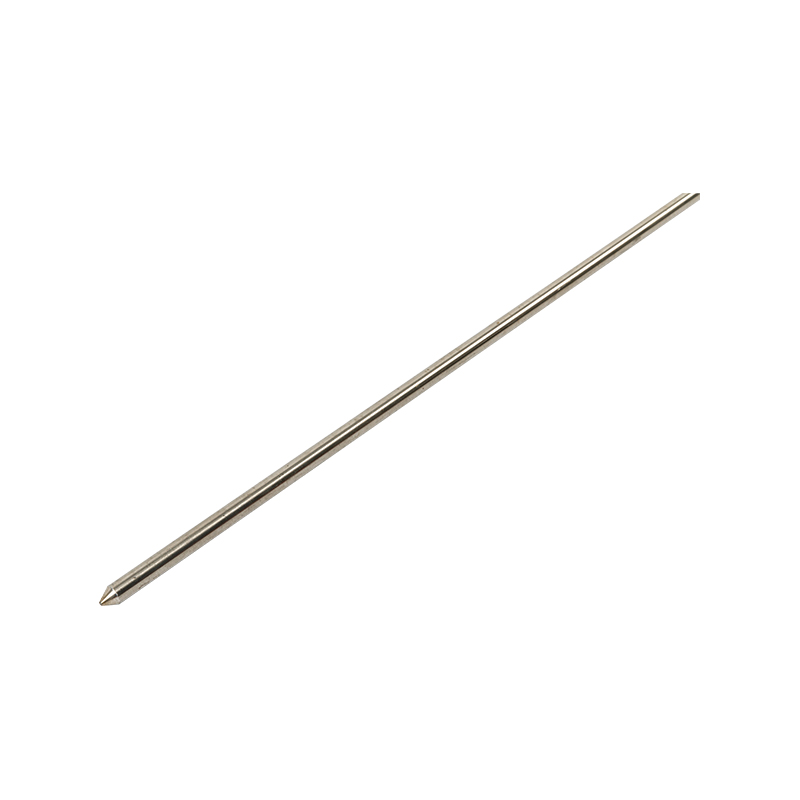
Different Types of Grounding Rods
Ground rods connect electrical installations to the earth. They are often used in construction projects for power lines, telephone and data lines, or other applications where the ground has to be protected from corrosion. Several materials can be used to make grounding rods, including copper, stainless steel, and galvanized steel.
The type of grounding rod you use depends on a number of factors. These include the size of the installation, what lifespan you are seeking and the type of soil you will be working in.
If you are on a tight budget, you may be able to get by with galvanized grounding rods. They are cheaper than copper plated steel, and are less likely to react negatively with other materials in the environment. They also can be a good option for short-term projects, as they last up to ten years.
However, galvanized grounding rods are not as resistant to the elements as copper plated steel. They should be disposed of when they show signs of corrosion.
Alternatively, you could purchase grounding rods that are coated with metals like zinc and nickel. This can be a good way to make the grounding rod more resistant to corrosion.
But remember that the zinc or nickel coatings aren't as durable as copper. If you are working in a climate that has heavy rain, this might not be the best choice for your project.
In addition, zinc and nickel plated grounding rods aren't as conductive as pure copper, so they can be difficult to install. Likewise, they won't work as well in some types of soils.
Another type of grounding rod is copper clad steel, which uses a special manufacturing process to create a molecular bond between the steel and the copper. This process is similar to a welding process that you would find on a metal pipe or tubing, but it's much more effective.
The copper clad steel grounding rod is made with an electrolytic copper coating that is applied to a low carbon steel core. The copper coating is uniform and very thick. The thickness of the coating is typically 0.254mm or greater.
This patented process allows for a smoother, cleaner, and more durable finish. The coatings are rated to the ASTM A153-78 standard and exceed UL's 10mil minimum.
Available in various diameters, this grounding rod is a great choice for most any application that requires a solid ground. The tensile strength of the 1/2" and 5/8" sizes is 80,000 pounds or more, making them a solid choice for most residential or commercial applications.
A wide range of lengths is also available. The entry side of the rod has a coaxial connector and a drive head, while the end top has a special drill bit connection.
This grounding rod is very popular with customers and will continue to grow in popularity. It is a great alternative to the traditional copper bonded grounding rod. It has a variety of advantages, which makes it an ideal choice for grounding construction under different soil moisture, temperature, PH value and resistivity changes.


Stainless Steel Grounding Rod Is Made Of Anti-Corrosion Stainless Steel Material, Used For The Site With Very Bad Geographic Environment, The Material Can Be SS304, 316 Ect .

 English
English 简体中文
简体中文











